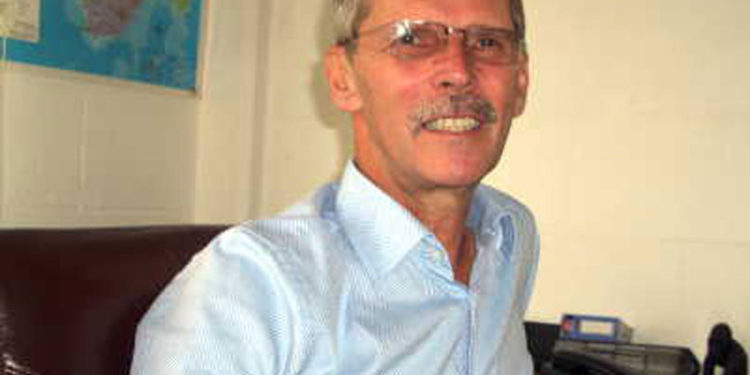There has been much debate regarding the agreement between the government and the proposed Vinci coffee factory because the contract gives them first option on all screen 18 Ugandan coffee, which appears to go against the essence of free trade. Ms Penneti, the promoter of the coffee factory, has already received a government guarantee for $370,000,000 and prime land in Lubowa for the proposed International Specialist Hospital. I am interested in the outcome of both these developments since I am both a medical doctor and a coffee farmer, but I am more qualified to comment on the hospital project since I have been in that field for many years.
It is true that Uganda lacks specialist facilities, but if we drill down to the reasons one finds two fundamental problems. The first is the general lack of ability to pay for such treatments. Uganda has forty-three million people, so there is the need for all types of medical care, but there is only a small elite who can afford the price tag for highly specialized treatments, and many of this class of Ugandans would still opt to have treatment carried out abroad.
The second problem is the lack of expertise caused by the brain drain: Ugandan doctors are well trained in institutions such as Makerere and Mbarara Universities and are as good as any doctors in the world, so we are victims of our own success because a significant number of doctors go abroad. The main incentive for doctors to work abroad is that they are better facilitated in terms of access to modern equipment, good working conditions and appropriate pay. A number of these doctors would be happy to come back and practise here, but they are not prepared to put up with the frustrations of the healthcare system as it exists. We often feel that if doctors were better paid everything would improve, but practising medicine is not just about pay, it is about job satisfaction. So if a Ugandan doctor is an interventional cardiologist, for example working in the USA, he will not automatically come back to Uganda if he is offered a high salary. He will also need the right facilities and equipment, the right working environment with a steady flow of patients, and the assurance that he will not be frustrated by Ugandan medical politics.
The concept of the International Specialist Hospital providing super-specialist care has its merits, but will it achieve its purpose? It is proposed that it will partner with an Italian hospital that will send Italian doctors to staff it – which is a natural fit for Ugandans. One will in effect be bringing an Italian hospital to Uganda at great expense. These doctors are to train Ugandan doctors over a period of time, and the hospital is then handed back to the government after eight years. But unless there is a great change in how we finance and manage our health services, we will be straight back into the same problems of not being able to treat those who cannot pay.
In the Mountain Kingdom of Lesotho the World Bank persuaded the government to build a state of the art hospital called the Queen Mamohato Memorial Hospital, which was operated by the South African company Netcare. This was a similar concept to the International Specialized Hospital, but it ate up 30 to 50% of the government’s health budget, leaving other services under-financed. Recently the contract was terminated amidst disputes over unpaid fees, and the government has now taken the hospital back. The project illustrates the inevitable inequity of government running one very upmarket hospital and inadequately financing the rest.
If Uganda is to create a super-specialist hospital it will be necessary to set up a trust fund for this hospital in order to generate income to meet annual recurrent costs. Such a centre of excellence would still receive income from private patients, but would also offer subsidized care to the poor. What many people fail to understand is that the practice of medicine is about being able to treat many patients in one’s specialty, which allows the doctor to become the best in his field. This can only happen if subsidized treatment is offered to the poor because the elite who can pay are simply too few. Such a centre would attract back Ugandan specialists working abroad who would like to make a difference in healthcare in their own country, and would find job satisfaction in doing such work.
Do you have a story in your community or an opinion to share with us: Email us at editorial@watchdoguganda.com













